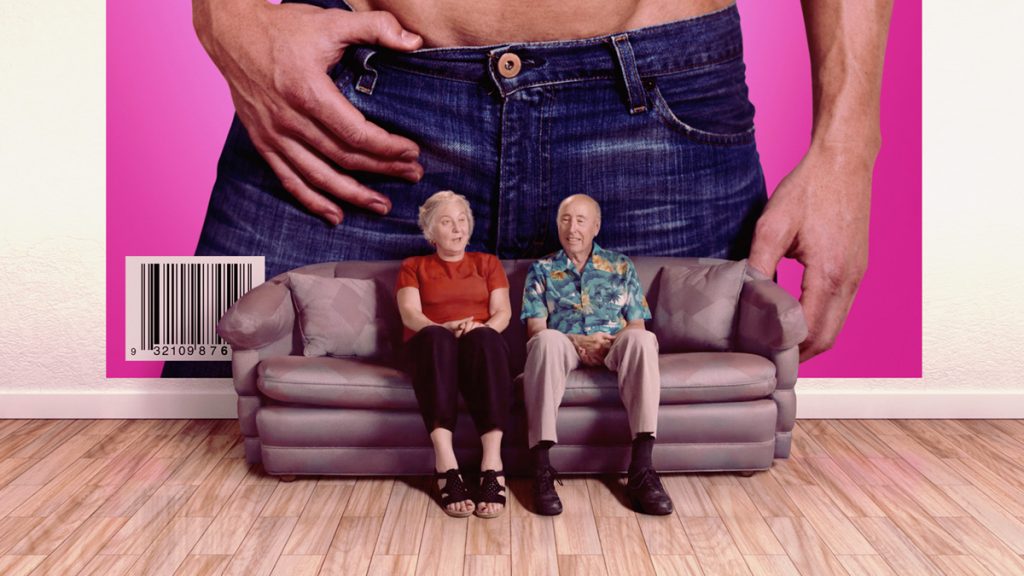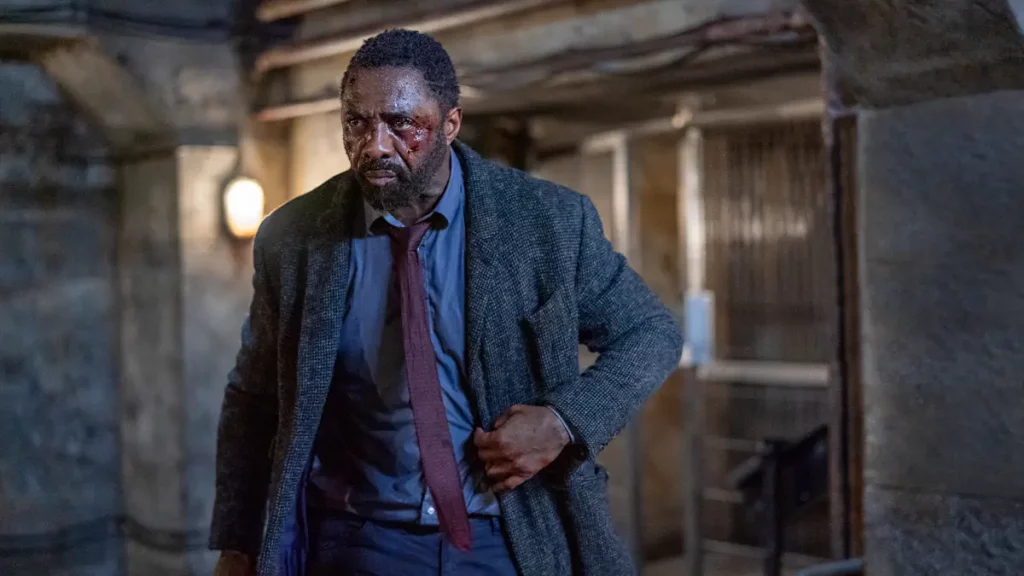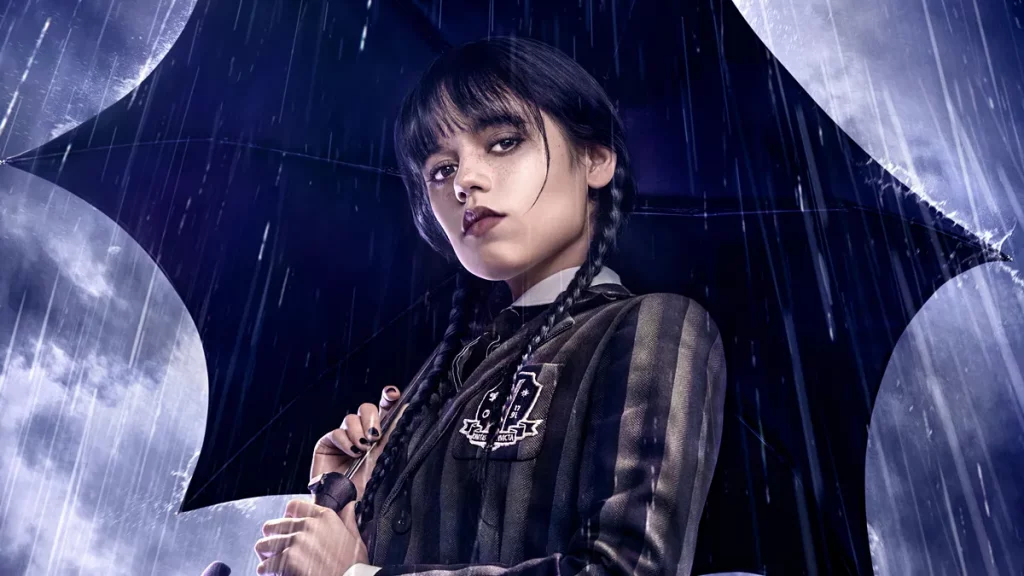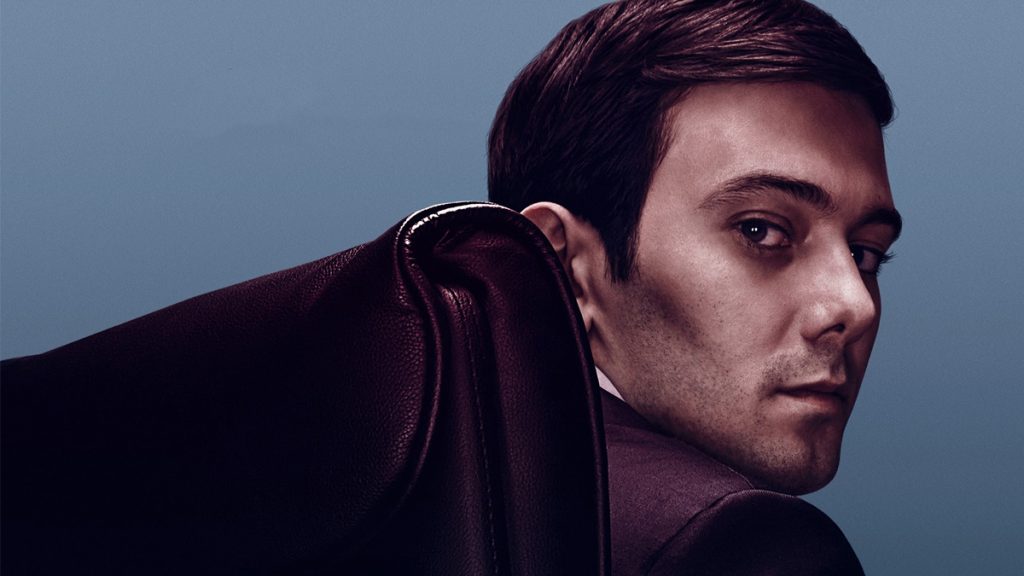What do you do when you wake up one day and realise the bookstore your parents own is actually one of the biggest retailers of hardcore LGBT porn in the states?
Circus of Books is a documentary headed to Netflix as part of their Documentary season. The film is directed by Rachel Mason and centres on the infamous bookstore her parents owned and how it impacted her life, and the lives of her siblings.
The film starts off trying to keep somewhat of a distance, to document the potential closure of a store that once stood as an icon but somewhere throughout the film, it turns highly personal. The owners at the heart of the film are white heterosexual Americans who had absolutely no interest in the LGBTQ world, and somehow fell in to the industry by accident. Due to Rachel’s close understanding of the subjects, she’s able to explore elements of their choices since owning the store, and how their business decisions impacted their lives, their children’s lives, and the LGBTQ community.
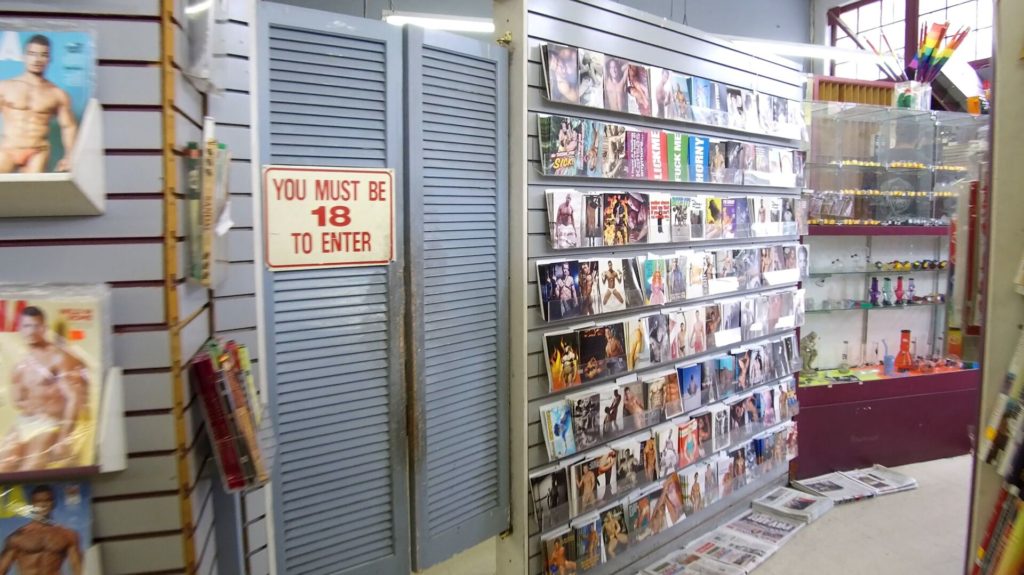
I saw this film last October at the London Film Festival on a whim, because I couldn’t get in to Knives Out. And I’m so glad that happened because the film was a joy. It’s all the right parts funny, sensitive, inquisitive and insightful. I’ve never really seen a documentary on these topics, because there aren’t many. As discussed in the film and the directors Q&A afterwards, gay history was hidden and destroyed, and much of it died during the AIDS crisis. So I’m grateful Rachel was able to share this little slice of history with us.

Circus of Books Q&A with Rachel Mason & Josh Mason 13th October 2019
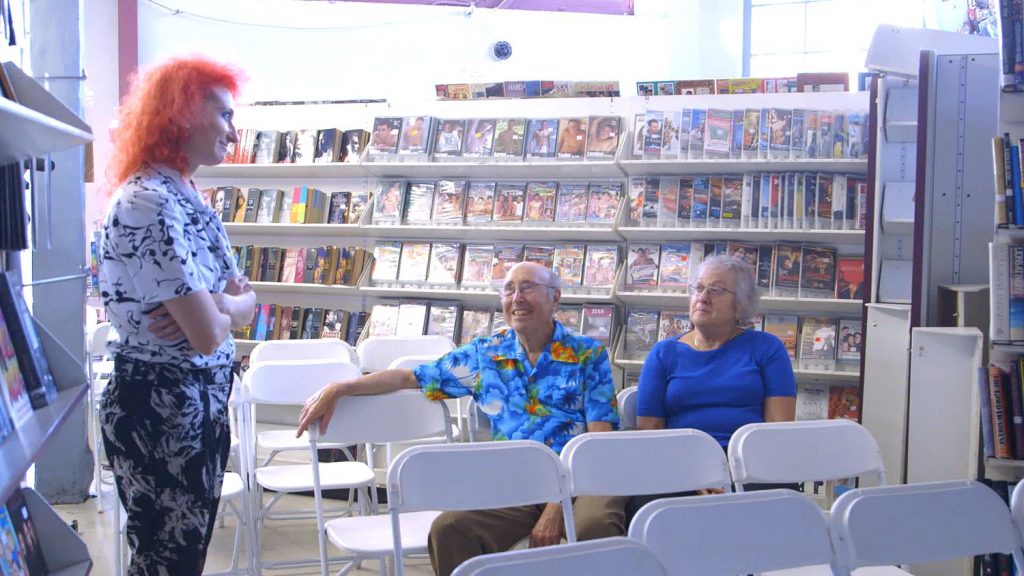
When did you first think about making this documentary about your family?
I knew that the store was very important in the LQBT community and also the wider community of artists that I am a part of. That the store mattered. I moved to New York in 2002, made a film and did other things and the store was a project on the back burner. I assumed at some point when I was old and close to dead that I would do something, but then the store started to close in Silver Lake. Talking to a producer friend, he was like ‘you know if you don’t go there and start filming right now, you’re gonna lose this moment in history’.
It aligned with my own ability to take a moment and go back to LA. I started shooting, and pretty soon after I was there I realised that I had to do it now otherwise I wouldn’t capture all of the amazing little pieces of this history. I had taken it all for granted just how hilarious and funny it is that my parents worked in this environment my whole life, but I started really registering that history is going to go away in this little window of what you see in this film. If I didn’t get it then, I wouldn’t have the opportunity.
Can you tell us about those first conversations you had about making the film? Josh could you tell us what your thoughts were when Rachel first talked to you about it?
When I first approached my mom, her reaction was exactly what you see in the film. She understands my world to be a very rarefied view of society, artists are weird. It might be a really great audience but it’s a music audience or an art audience and it’s not anyone that would ever see this film. She was very much ‘fine do it and I hope no-one ever sees it’. She’s said now on very big public stages that had she known it would get a wide Netflix release, she never would have participated.
J: In my first conversations I was pretty reticent. I do love the topic and I think it’s always been really fascinating, full of really interesting people that’s worth capturing. But the path to being gay usually involves gay being a huge part of your existence. In my 20s and 30s, it was mostly just trying to make it a background part of who I am. If I had to acknowledge it in this film, I would have to talk about coming out and acknowledge it as a bigger part of my future. It was a bit scary but the end product, I’m so happy with it. It was worth doing, and I think my parents, especially my mother’s transition is really important for people to see.
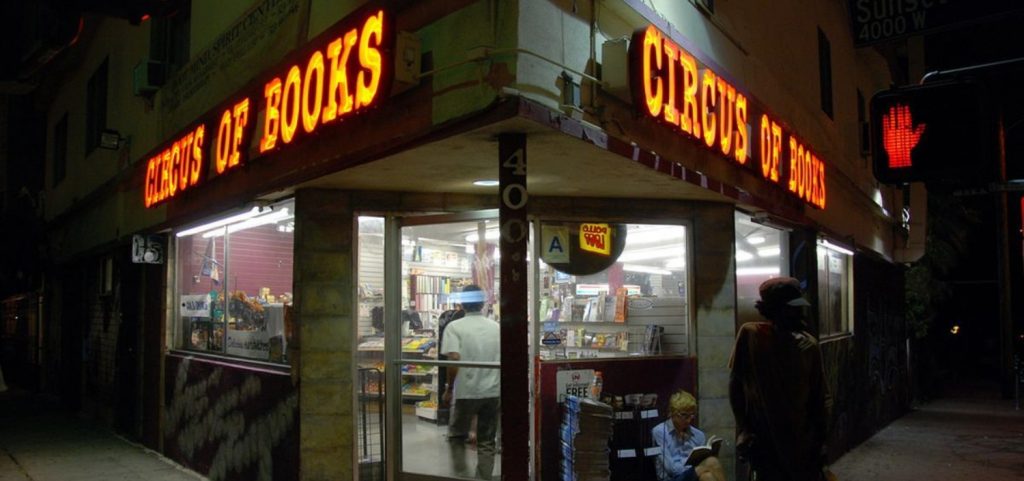
There’s a lot of historical research in the film, were there any other texts, either written or visual, that you came across in your research whilst making the film?
Initially I made this film for the One Archives, these fairly new repositories of gay cultural history. This store is part of our history, because we have an undocumented history. Queer Culture was underground and it was specifically not documented. It was dangerous, you couldn’t have things.
That’s why my mom, when she goes to the One Archives, you see this contradiction. She’s very appreciative of the people who are on the front lines, but she doesn’t see herself really as part of that history. She looks at those people who were publishing the One magazine from a homosexual viewpoint as being real heroes and they are, but y’know my film shows other people. My parents were also doing something heroic.
To go and give names of books and everything, there are so many. I think what’s really important is if you have the ability to take classes, or look up places where people in the community are teaching various topics and aspects of LGBTQ history. It’s so important, not just for queer people but our human culture. I think there’s no separation between LQBTQ people and all people. There’s not a single person on planet Earth who doesn’t know somebody who’s gay and most likely isn’t related to somebody who’s gay, trans, bi. I do think at some point in our future we’re not going to have this big separation between straight monolithic culture and queer culture. I would hope that this moves in the direction of people recognising how it’s all very intersected.
How long ago did the shop close and did you finish filming?
One thing that’s a bit blurry in the film and it’s sort of purposeful, there are two stores. One in Silver Lake and one in West Hollywood and West Hollywood is the flagship store. It closed this past February (2019) and it was a really profound thing. It was on the cover of the LA Times newspaper when it closed because it was that big of a deal in the city. The one in Silver Lake closed in 2015.
I finished filming, we did film a bit of the store closing in West Hollywood in February and I’d say that was about our last shoot.
Have you been to any similar stores, such as those we have in London?
To me I have a lot of nostalgia for these places. I go in and they feel like museums, as funny as that may sound to see hardcore gay DVDs and feel nostalgic. I also have a feeling for all of the people that are no longer with us in these videos. It’s an archive of people and that was important for me during the AIDs section of the documentary. I wanted to really show images of men who were in those videos, those were actual porn stars and they were all people that died so young. It’s really heartbreaking.
How hard is it to stay objective when you’re making a film about something so close to you? Josh, did you ever have any arguments about what would and wouldn’t be included in the film?
I can answer that second question, I didn’t let him have any decisions! But that’s why I love him, I know he trusts me. I was a total director when it came to figuring out the film, however I lost objectivity and relied on my amazing editor. I wouldn’t have necessarily thought about things like me crying on screen. When you [Josh] said that thing about getting a one way air plane ticket, like what the fuck that’s insane. I was totally processing it on camera and my editor kept it in there. Looking at that shot and I was like ‘urgh ok I guess this has to stay in, it is powerful.’ Certain things you really need a second pair of eyes. I think I could never say I could have done it without absolute great partnership with my editor and producers.
J: I think I tried to avoid revealing anything new. It was a traumatic period in my life that I closed the door on. I thought what I was telling Rachel was not news but it obviously was. I tried to choreograph those interviews as much as I could beforehand but that one got a bit further than I wanted. I didn’t actually see the film until right before it screened officially. I didn’t know she’d done my hand drawing and it was actually from my viewpoint. There was a little panic and freak out. Well, I don’t think I told you right away, I rewatched the film and I thought it was so good that maybe I should just leave off.
Has your mom seen the movie, what does she think of it?
J: She’s seen it many times, more than she wanted to.
R: The way it goes when she’s on stage is really great. Someone usually says ‘Karen, what do you think of this movie? The fact that now you’re in a screen in front of all these people?’ Her reply is always ‘ I hate it’.
She appreciated the movie but she wishes she wasn’t on screen. They’re very private people and then she offers up that line about how she never would have participated had she known that everyone in here would see it.
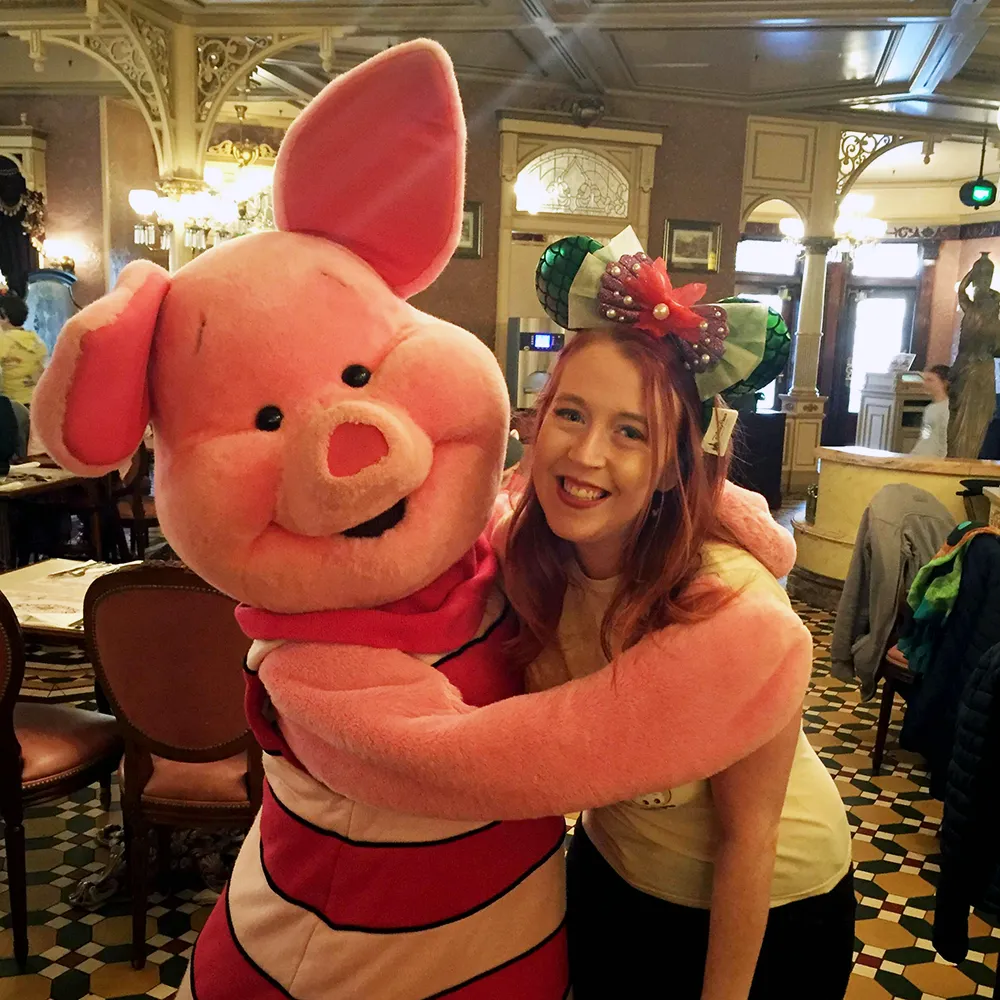
Ex film teacher and frequent couch potato. I try and see at least one new release a week, but I’ve somehow got to 30 without having seen The Godfather?




